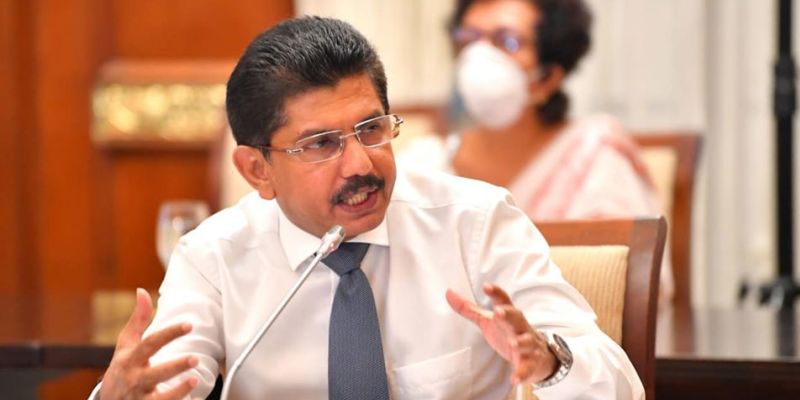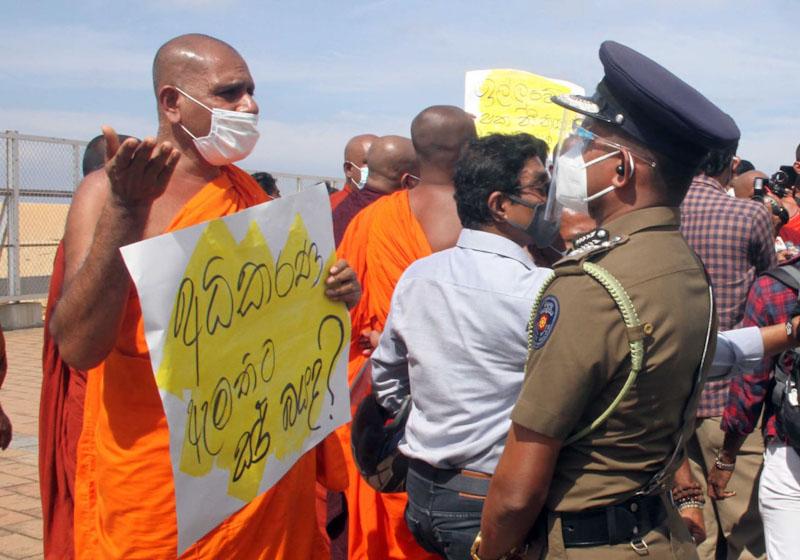
Following domestic and international condemnation over the denial of Muslim burial rights, Sri Lanka’s former Director-General of Health, and newly appointed Environment Minister, Dr Anil Jasinghe has called on the government to follow the scientific method in combating COVID- 19 instead of “mythical beliefs”.
Speaking on this matter, he stated:
“Various new findings are taking place all over the world to curb COVID-19 pandemic. Though some people in our country pin their faith in scientific methods, a certain group seems to be going after mythical beliefs, despite the presence of several scientific methods”.
His remarks follow protests by Sinhala Buddhist monks demanding that the government continue its policy of forced cremations, despite World Health Organisation officials maintaining that burials do not pose a risk to public health.

Jasinghe further maintained that Sri Lanka must strive to ensure that at least 70% of people in Sri Lanka are provided with the coronavirus vaccine. He further warned that companies producing the vaccine will need to expedite the process otherwise poorer countries may not get priority.
Earlier this year Boram Jang, Legal Advisor at the International Commission of Jurists Asia & Pacific Programme raised concerns about Sri Lanka’s militarised response to the pandemic.
“Sri Lanka’s involvement of the military at every level, with limited parliamentary and civilian oversight, raises serious human rights and rule of law concerns”
“Having the military to oversee public health policy and to act as the State’s first responders also normalises military occupation, exacerbates the existing ethnic divides, and further deteriorates human rights in Sri Lanka”.
Read more here : Sri Lanka’s militarised COVID-19 response 'exacerbates ethnic divides'
We need your support
Sri Lanka is one of the most dangerous places in the world to be a journalist. Tamil journalists are particularly at threat, with at least 41 media workers known to have been killed by the Sri Lankan state or its paramilitaries during and after the armed conflict.
Despite the risks, our team on the ground remain committed to providing detailed and accurate reporting of developments in the Tamil homeland, across the island and around the world, as well as providing expert analysis and insight from the Tamil point of view
We need your support in keeping our journalism going. Support our work today.
For more ways to donate visit https://donate.tamilguardian.com.

